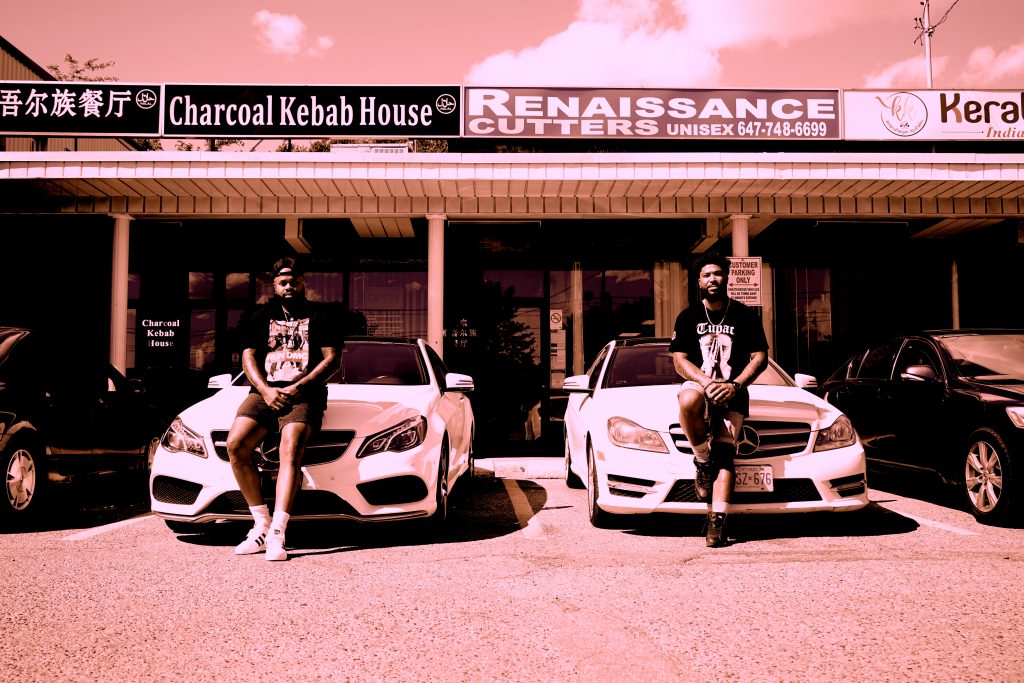The barbershops I go to now are just like the ones I went to when I was a teenager. Men that differ in age and ethnicity but overlap through culture sit in side chairs, waiting for their cut. The coat tree in the corner still exists, sprinkled with hats and scarfs and spring jackets left by clients with preoccupied thoughts while they studied the freshness of their fades before leaving. The wall near the desolate front desk still hangs a poster of hair cut prices that clearly reflect the slimmer inflation of a decade prior. The music and glibly flowing conversations cut through the awkwardness the same way they both did in the late nineties. The only thing that seems new is the content of those conversations.
When I got a line-up for two dollars back in 1998, Jay-Z, Nas, Pac, Biggie, DMX, plus Spragga Benz, Beanie Man, and the occasional Mary J. Blige augmented the talks at barbershops. Hip-hop is still talked about today, just in a different fashion. Our conversations have changed because its narrative has deviated. Rappers went from rapping about selling drugs to songs about doing them. It diverged from feigns to feigning. I still enjoy the conversations I have with my barber and his barber-friends and the folks sitting around waiting. But lately, I feel like we’ve missed the irony in our talks, both back then and now.
We always shared stories about our culture but in between those cuts we slowly stopped asking ourselves, “what’s really good?” While keeping our hair tight we forgot to tease out messages and their messengers when it came to hip-hop. Instead we clinched our teeth and closed our eyes while our barbers slapped that blue barbicide liquid on the back of our necks and the fronts of our foreheads and down our cheekbones. Waiting for him to say to “next,” us barely looking at our heads in the mirror. We’ve done the same thing with our music.
Hip-hop requires that the gates for creativity be swung open, but that we also have our own gatekeepers that are willing to object to certain forms of the art. Folks who are able to separate the messenger from the message. A collective community that is willing to disregard certain tenors while validating other ones. If hip-hop music is simply retelling our stories, we need to interrupt these voices by having critical conversations about what is really going on in our communities. About, what’s really good? This is the function of hip-hop tv, radio, and podcast hosts. This is part of the function of the barbershop and barbers.
Barbers and barbershops still resemble priests and cathedrals to me. And most folks still visit to get cultured and clean waves. When we validate certain music, we ought to be willing, at the least, to check and balance for a diverse word. Especially when we already know what happens with our Black males as a result of hip-hop. Especially when we already know, just like our hair styles, how important variety is. Especially when we already know, just like those hair clippers, how powerful of an instrument our music is in the battle for equity and liberation.

